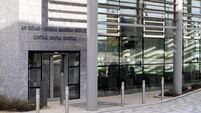Covid-19: Construction sites and schools to shut to protect 'under threat' health service
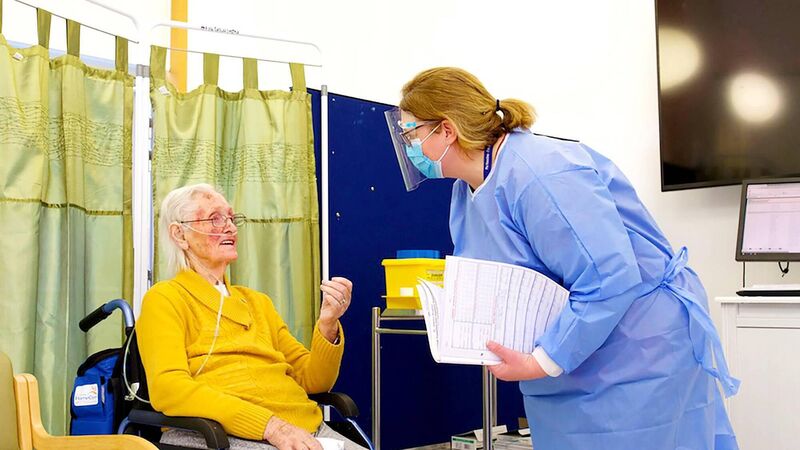
95-year-old Dublin woman, Maura Byrne, who lost her husband to coronavirus, received the Pfizer/BioNTech vaccine at Hollybrook Lodge, the residential care unit managed by St James’s Hospital in Dublin. Picture: Anthony Edwards, Clinical Photographer, St James’s Hospital
The Government is to close schools and construction sites in a bid to protect the health service which is under "real threat", the HSE's chief executive has warned.
A return to a full lockdown is set to be signed off on by the Government today. This will include a ban on click-and-collect shopping, and a requirement on all travellers to be tested for Covid-19 before entering the country.
With 5,325 new cases of Covid-19 confirmed yesterday and 76 people now in intensive care, HSE chief executive Paul Reid said hospitalisations are set to reach the same level in the coming days as they did in the first wave.
Mr Reid added: “Primary and GP services are under relentless strain. Swabbing centres have positivity rates from 40% to 55%. Please reduce transmission, stay home.”
This picture is evident across the country, with healthcare workers in many areas raising serious concerns.
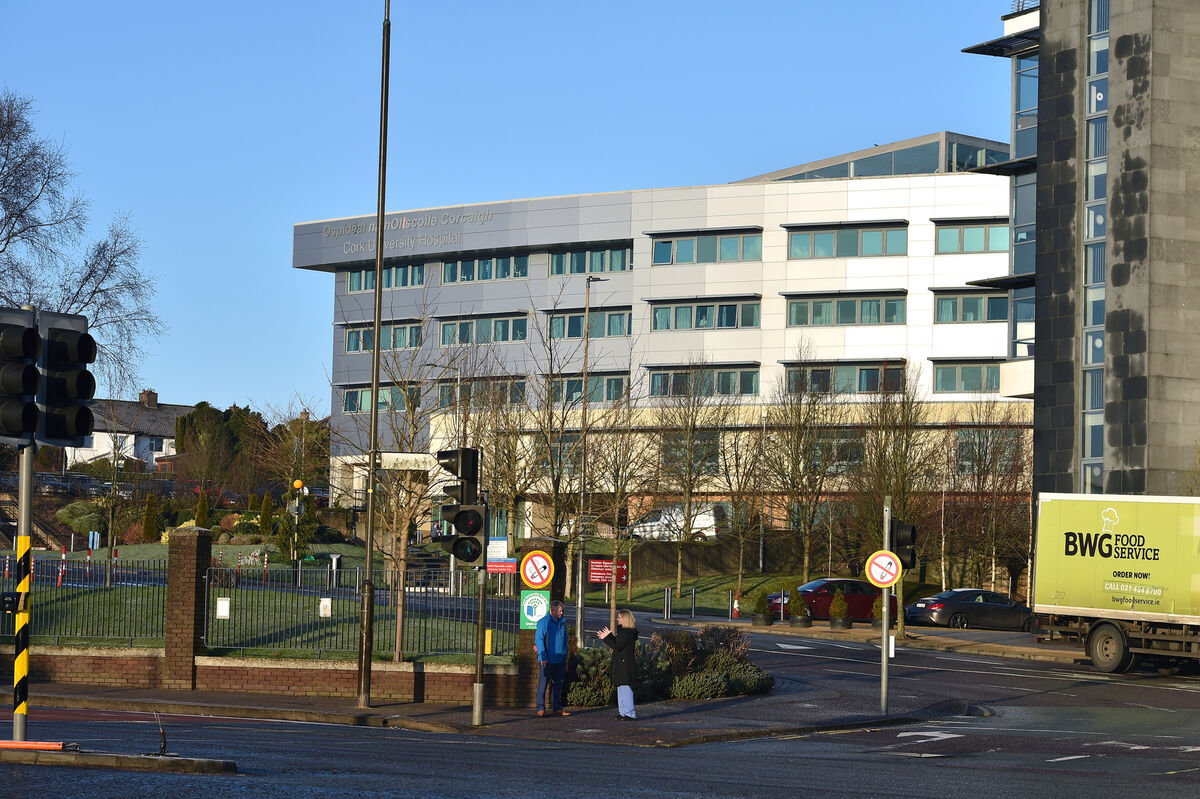
People in Limerick, Clare, and North Tipperary have been urged to “strictly adhere to the new restrictions in order to save lives” after more than 2,500 Covid-19 cases were reported in the region over the past 14 days.
The Mid-West region has experienced a “record level surge” with a 14-day incidence rate of more than 540 per 100,000 population. The vast majority of those were recorded in Limerick.
Director of public health, HSE Mid-West, Dr Mai Mannix said: “This can be largely attributed to an intensified period of large social gatherings in the lead-up to Christmas, followed by widespread household gatherings during the festive period.”
As the virus continues to spread rapidly, Cork GP and Covid-19 advisor to the Irish College of General Practitioners, Dr Mary Favier, said test results at her Cork city practice were running at a 50% positivity rate on Monday.
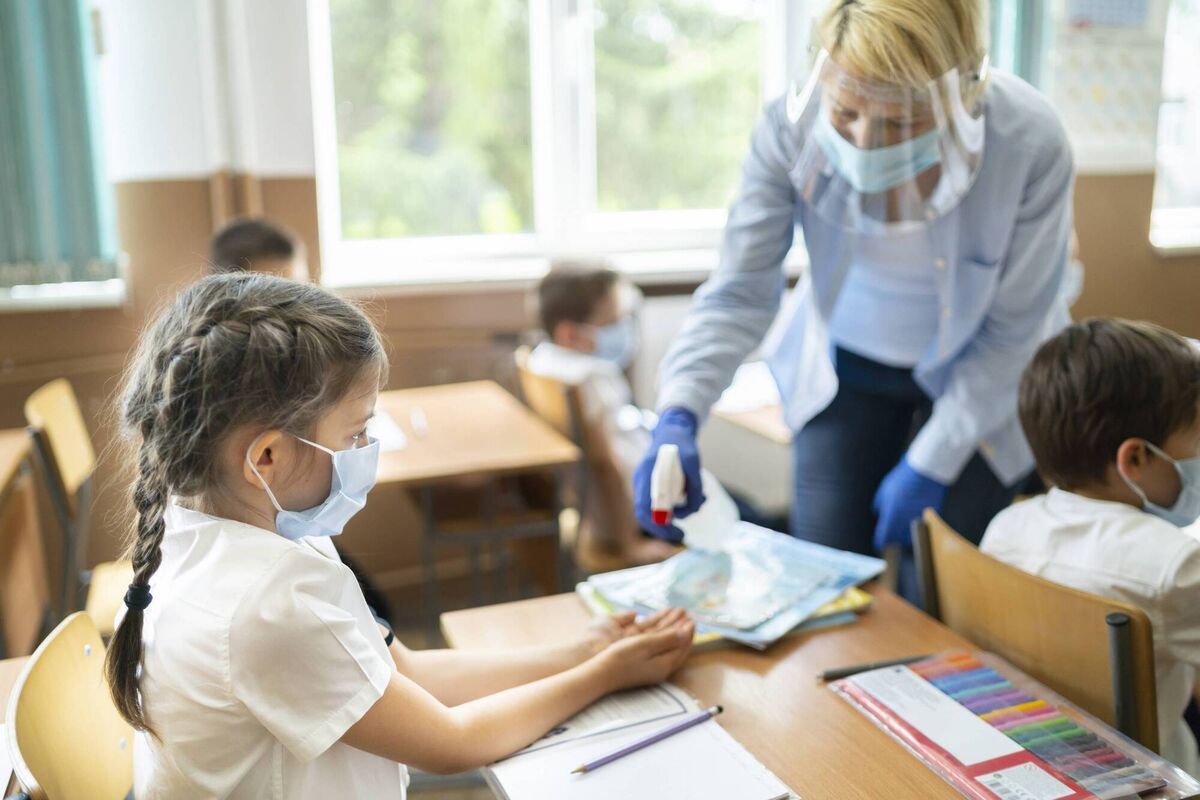
In the context of such stark figures, Government leaders, the HSE, and Nphet met for more than five hours yesterday to discuss a range of new restrictions, which will see the country return to an almost identical lockdown to that which was in place last March.
In a bid to tackle the mobility of the virus, the Government is to keep children out of classrooms until January 30, with the exception of special education schools and special classes in mainstream schools. Education minister Norma Foley was working on the details of these measures last night ahead of today's crunch Cabinet meeting.
The Irish National Teachers Organisation (INTO) had raised concerns around the increasing number of young children who tested positive in the last two weeks, and has sought an analysis of these figures.
A total of 4,143 children between the ages of 4 and 12 tested positive for Covid-19 between March and December 20. However, new figures show that 1,101 children in the same age bracket caught the virus over the Christmas period.
The Early Childhood Care and Education (ECCE) scheme will also be halted until the end of the month.
Creches will be permitted to stay open, but they will be asked to only cater for the children of essential workers.
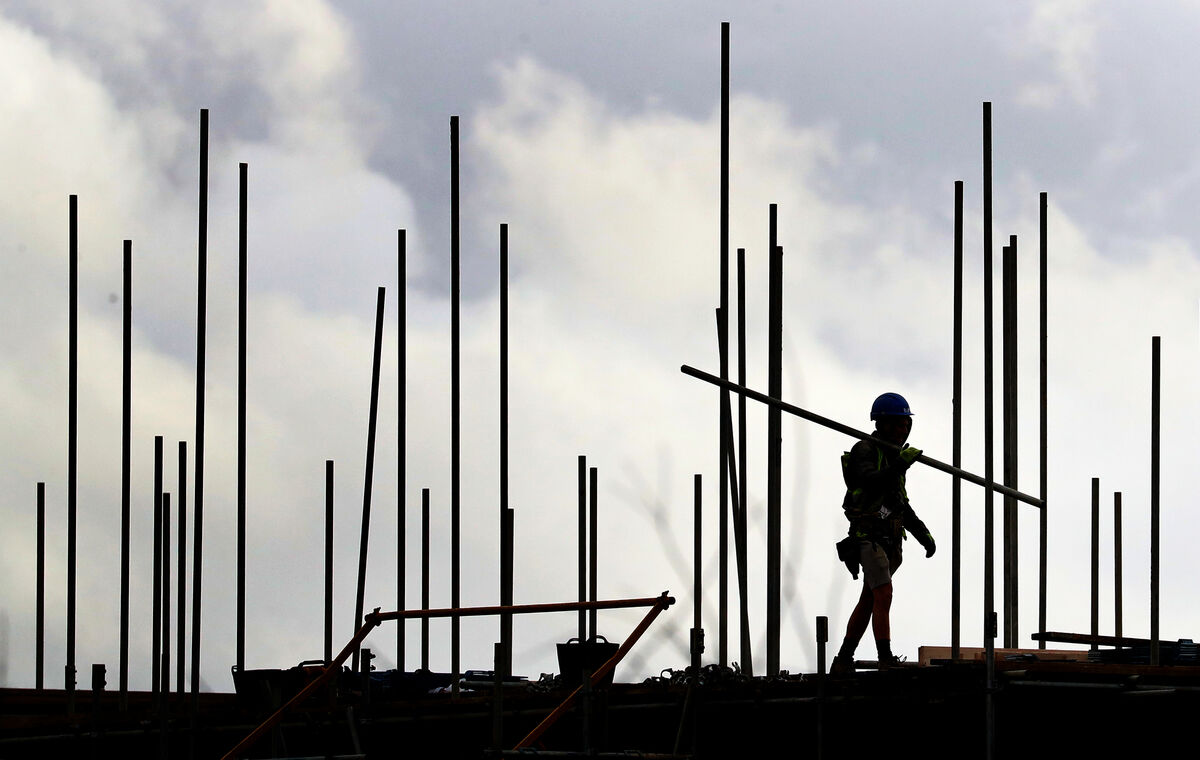
Construction sites will also close under the stricter measures, although essential and critical projects will be allowed to continue.
It is understood that this would include a percentage of social housing, the construction of schools, essential water services, and other projects that are deemed critical, as well as necessary and emergency refurbishments.
All passengers arriving into the country will be asked to show a negative Covid-19 test, with the requirement being introduced for people coming from the UK and South Africa from this weekend.
The requirement to show a negative polymerase chain reaction (PCR) test will then be extended to all international passengers.
However, the 5km travel limit will remain in place and, unlike the first lockdown, manufacturing will continue to operate.





